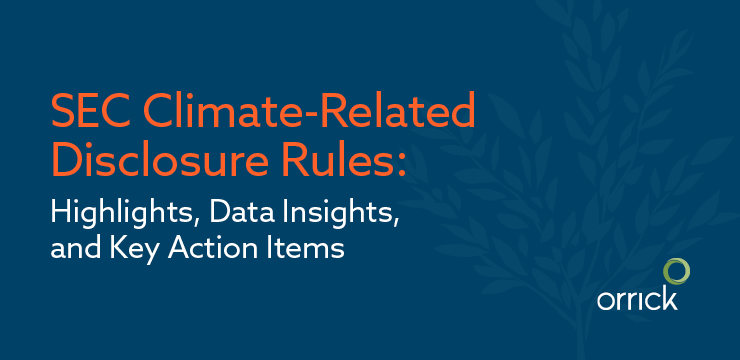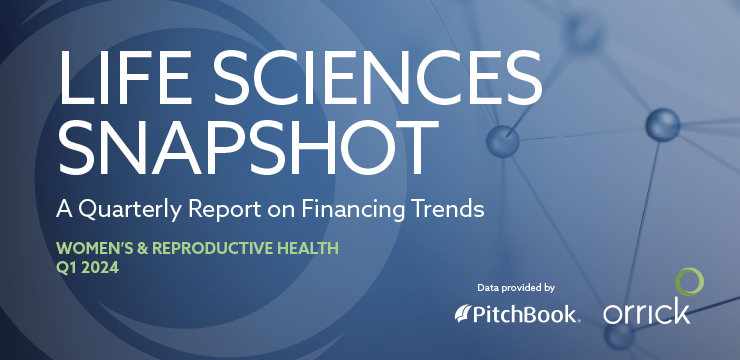Technology & Innovation

Deal Flow 4.0: 5 Things We Learned About European Tech Deal Terms in 2023
2 minute read | March.05.2024

2 minute read | March.05.2024

10 minute read | March.08.2024

31 minute listen | December.06.2023

25 minute read | February.26.2024
1 minute read | April.15.2024

Nico Neukam joins Orrick's German Tax Group as a partner in Düsseldorf.
1 minute read | April.01.2024

2 minute read | March.13.2024

Esther joins our Washington, DC office to help guide clients through today's complex regulatory and enforcement environment.
1 minute read | March.11.2024

2 minute read | March.07.2024

Global payroll & HR company Deel is acquiring PaySpace, a market leader with more than 20 years of payroll and HR experience. Orrick advised Deel.
2 minute read | March.05.2024

2 minute read | February.29.2024

Workday, a leading provider of solutions to help organizations manage people and money, has entered into a definitive agreement to acquire HiredScore.
1 minute read | February.27.2024
